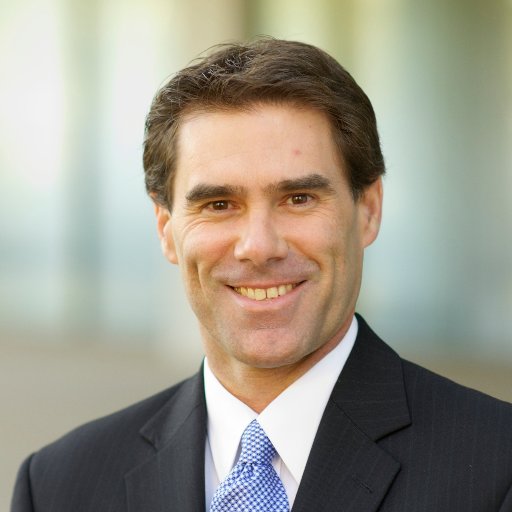Behind the Hostplus move to outsource member contact department
When David Elia organised a takeout of 36 member services people from SuperPartners in 2008 to build Hostplus’s own service department, it caused a minor furore around Casselden Place, then home to some of Australia’s biggest industry funds.
But times have changed. With the outsourcing of what is now a 100-person team to Hostplus’s new administrator, Link Group, the move doesn’t cause even an eyebrow to be raised.
SuperPartners was owned by industry funds and for the most part of its life provided funds with good service at a low price. But even 12 years ago, the cracks were becoming apparent to those in the know. The funds hadn’t re-invested in their administrator and had driven its prices down to unsustainable levels.
Later, too late in fact, they did allow a catch-up systems rebuild that went very wrong, cost hundreds of millions of dollars and didn’t work as intended. SuperPartners was sold to Link Group in 2014 in a complicated deal which was more to do with ongoing contracts and employment than a headline dollar figure.
So, when David Elia, then as now the chief executive of Hostplus, announced the insourcing from SuperPartners, he sent a clear message to the market: price matters but service matters more. Service matters more than a, perhaps, misguided sense of loyalty too.
Elia is an accountant by background and one of his first jobs in the super industry was at Jacques Martin, a subsidiary of the Colonial Group. The admin arm was acquired by the industry funds as part of Garry Weaven’s vision that they should always have control over their own destiny. They had started Industry Fund Services a little earlier too, at first, providing their own asset consulting services to the funds.
Link and Hostplus announced last week (November 25) that the administrator would set up the ‘Hostplus Service Excellence Centre’ within its existing operations to cater for the fund’s contact centre, communications, complaints and employer servicing.
Keeping up with technological developments was a main reason for the switch. Link spends about $250 million a year on technology, the company said. Link also said it would offer alternative jobs to all affected employees. Link’s payroll covers more than 6,500 employees globally.
Paul Watson, Hostplus group executive, member experience, said the decision back in 2008 (when Watson was running the former Military Super, which is now a part of Commonwealth Super Corporation) was unorthodox but it was a strategic decision to give the fund tighter control over its key teams. “The contact centre is the window to the fund and we wanted a direct line and oversight,” he said. “There may have been some economic drivers too. I know that it was not an inexpensive exercise to shift the operation. It was still an analogue world then, based on the telephone.”

Watson said it proved to be the right decision. “It created a competitive advantage for us which we leveraged for some years. We had many funds come and talk to us to see how we did it,” he said. “It’s similar to some funds having internal administration which they use as a point of differentiation.”
On a practical point, the HostPlus contract with Link was up for renewal early next year. “As we turned our minds to that we decided that what gave us an advantage 12 years ago probably wouldn’t do so now,” Watson said. “Digital technology requires continual investment… There’s also a time-and-effort budget and risk budget considerations. It made sense to do it now.”
Watson said that from discussions and surveys with members the fund knew that digital communications, such as through the fund app, were the most popular form of contact. “But it was still not an easy decision,” he said.
One suspects those contract negotiations may have been tense at times. HostPlus is the only big super fund to have not increased its administration fee for the past 16 years and very proud of that fact. The fee has remained a flat $78 a year – not a hybrid fee containing a proportional amount relative to account size as well, which most funds have – since 2004. “We’ve exercised enormous cost discipline in that time,” Watson said.
Dee McGrath, Link’s chief executive of retirement and superannuation solutions, said in a statement that the new agreement would support the fund in offering a competitive and innovative member experience. “This step will see us provide the full benefits of our market-leading technological capability to ensure consistent, improved and tailored experiences for Hostplus members and employers,” she said.
by Greg Bright









